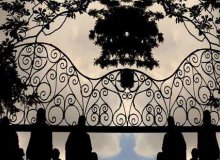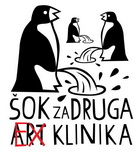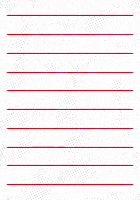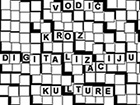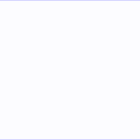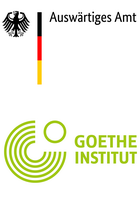Miroslav Miki Radonjic: Adapting to the given circumstances
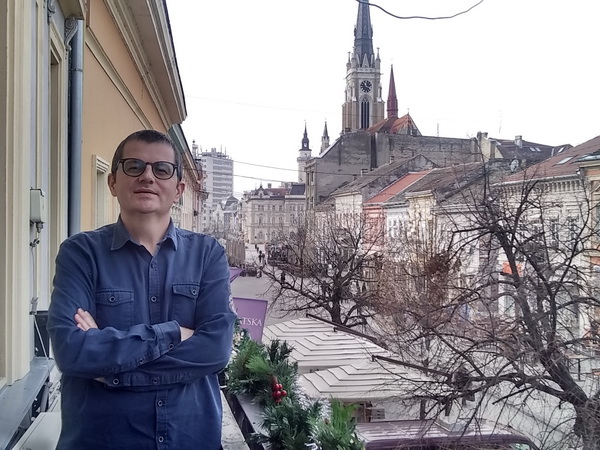
Miroslav Miki Radonjic, the director from Sterijino Pozorje, believes that the Corona virus pandemic had a particularly negative impact on the theater, which doesn’t exist without the direct interaction between the actors and the audience. Attempts to transfer the theater to an online space seem to him only as an illusion that the theater still exists. Radonjic sees the departure of a large number of drama artists, which is an irreparable loss, as the biggest negative consequence of the pandemic. In an interview with the SEEcult.org, Radonjic also states that the theater audience, which he says is the most disciplined part of the population, has consolidated in the context of the new circumstances. Although he believes that the priorities change in each new crisis, Radonjic believes that life is not complete without the theater, the cinema, the literature, the music, the galleries, the museums... It is his impression that the theaters managed to get back on their feet, gripping to Stanislavski and his advice: "Adapt to the given circumstances!"
As for the impression on theatrical trends in the past two years of the pandemic, Radonjic notes that many novel dramatizations have appeared which may indicate that artists are returning to great literature in difficult times.
"The pandemic, which shook the modern world to the core and warned upon the glass feet on which all modern humanity stands, certainly had a negative impact on art and culture, and thus on theater. It does not exist without the indirect interaction between the actors on stage and spectators in the audience, which is best shown through online performances on social networks and various media platforms. In this way, the theaters tried to point out the fact that, despite everything, they still exist, but they proved their real significance again only when the audience returned to them", Radonjic stated.

While the pandemic is still going on, Radonjic notices that theaters are struggling in various, creative ways to deal with the huge problems that arise.
"When it comes to theatrical aesthetics, poetics, expression, thematic preoccupations ... there are various occurrences, but it is difficult at this moment to see them quite rationally and fully explain them on objective theoretical grounds", he noted.
Since he follows theatrical events in the entire region of former Yugoslavia, Radonjic noticed that there were dramatic texts and plays that dealt with the topic of the pandemic, but not too many, which is not surprising.
"It has often happened in history that artists tend to escape from the reality that surrounds them, to find some universal themes in the escapist deflections and to speak indirectly about the time and space in which they exist. It is also interesting that many novel dramatizations have appeared, which, perhaps, speaks in favor of the thesis that artists return to great and important literature in troubled times ", he added.

Commenting on cultural policy, Radonjic states that it is illusory to say that one country is truly worried for the fundamental values of the community, which art and culture certainly are, while allocating less than one percent from the budget for these purposes.
"This year, we finally surpassed the magical one percent, which is only the first step towards a more noticeable improvement in this field. Globally, we are turning into a society of spectacle, where pointless reality shows are being promoted, and elite art and culture are being pushed to the margins. This speaks the most about the collapsed value system on which modern society rests, which we are a part of. I am not too optimistic that the human being will soon realize what really makes him a part of the human species", Radonjic stated.
*The entire interview (in Serbian) can be found on this link.
Photo: private archive
(SEEcult.org)
Funded by the International Relief Fund for Organisations in Culture and Education 2021 of the German Federal Foreign Office, the Goethe-Institut and other partners, goethe.de/relieffund

